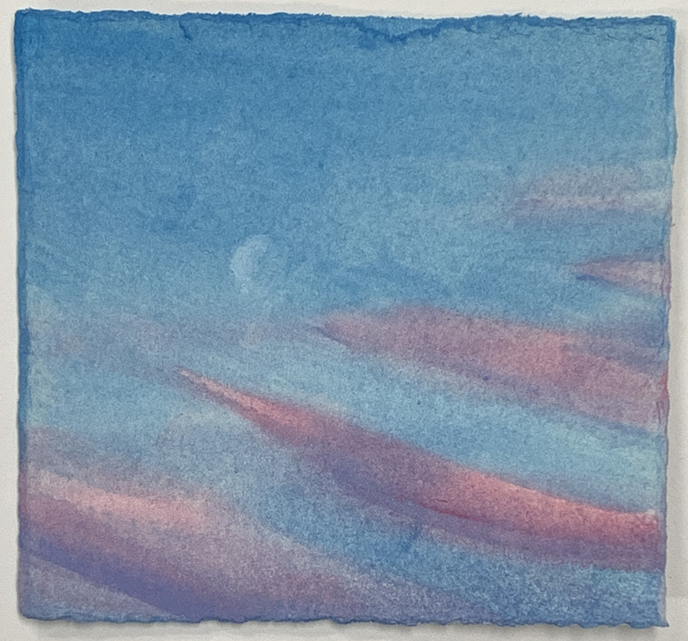 Jean Wilkey
Jean Wilkey
The Flowers of Shiraz: My Spiritual Superheroes
by SHADI TAJEDDINI
I have always thought being proud of something you didn’t earn through your efforts and hard work was silly, but I have to admit that I am proud of being a Shirazy — a person from a city in Iran with so many beautiful gardens and sites. Shiraz will always be special to me, not only because it is my hometown, but because of all the spiritual superheroes who were born here, all the people who lost their jobs and whose houses were burned to ashes because they believed in peace and in the unity of the whole human race. Above all, I am proud of the ten courageous women who were hanged in Shiraz on June 18, 1983, because they stood by their beliefs and did not for a moment waver.
I was born nineteen years after this tragic event, and I never got to know these extraordinary women myself. But each year, when June 18 comes, I attend the memorials and prayer meetings their families hold, and learn something new about these ten lovely flowers. Sometimes, one of my family members will share with me one of their memories of these women. And over the years, I have come to feel close to them, as if they are my friends.
Until recently I didn’t know much about what these women went through before they were unjustly hanged. Then, about two years ago, one of my friends sent me a book entitled The Flowers of Shiraz. Mrs. Haghighatjoo, who was imprisoned with the ten women, wrote this book. In it, she shares her memories of Adel Abad prison during those days and of all the Bahá’ís who were held in the prison at that time. I remember that when I started reading the book, I couldn’t stop. I read the whole day and night and until noon the next day, when I finally finished the book. I couldn’t stop crying the entire time. I cried because of the pain these innocent prisoners experienced and because I couldn’t believe that the prison authorities and guards could be so heartless and cruel in their behavior toward people whose only crime was to believe in a religion different from their own. After I finished the book, I told my aunt my thoughts and feelings about what I had read and she shared with me more of the memories the family members of the ten martyred women had shared with her. When she told me how seventeen-year-old Mona Mahmoudnejad had to watch the execution of all her beloved friends because those who were in charge had decided to hang the women in order of age, from the oldest to the youngest, I cried again.
Reading The Flowers of Shiraz gave me a chance to get to know these courageous women better, all except for Akhtar Sabet who I knew already because she was my dad’s cousin. Although I never met her, I grew up seeing her immediate family all the time and hearing her story from her sisters at family gatherings. One time my aunt told me the story of when the family got the news that Akhtar had become a martyr. She told me that although everyone was crushed, especially her mother and father, their faith that she was in a better place made them stronger and helped them find a way through their grief over the loss of their lovely flower. Truly, this made me marvel at how strong some people can be! How could they continue to live after losing their precious daughter, someone who was called the kindest nurse by everyone who crossed her path? I am sure I would break under the heaviness of such sorrow.
Each time I face restrictions and difficulties because of my beliefs, I remember these ten brave flowers and their strong families. And they inspire me to be steadfast and courageous. When I think about the time when a silly high school refused to enroll me because of my religion, I don’t feel sad or angry because I know that is nothing as compared with what these women sacrificed. And I don’t feel hurt about all the times my classmates and teachers ridiculed my beliefs when I was in public school. I look up to my spiritual superheroes and think about how they gave their lives to create a better world, a world in which everyone can be united, despite their differences, a world that will be like a beautiful garden with all kinds of different flowers.

